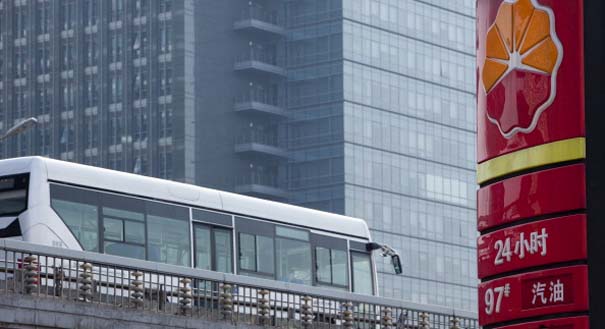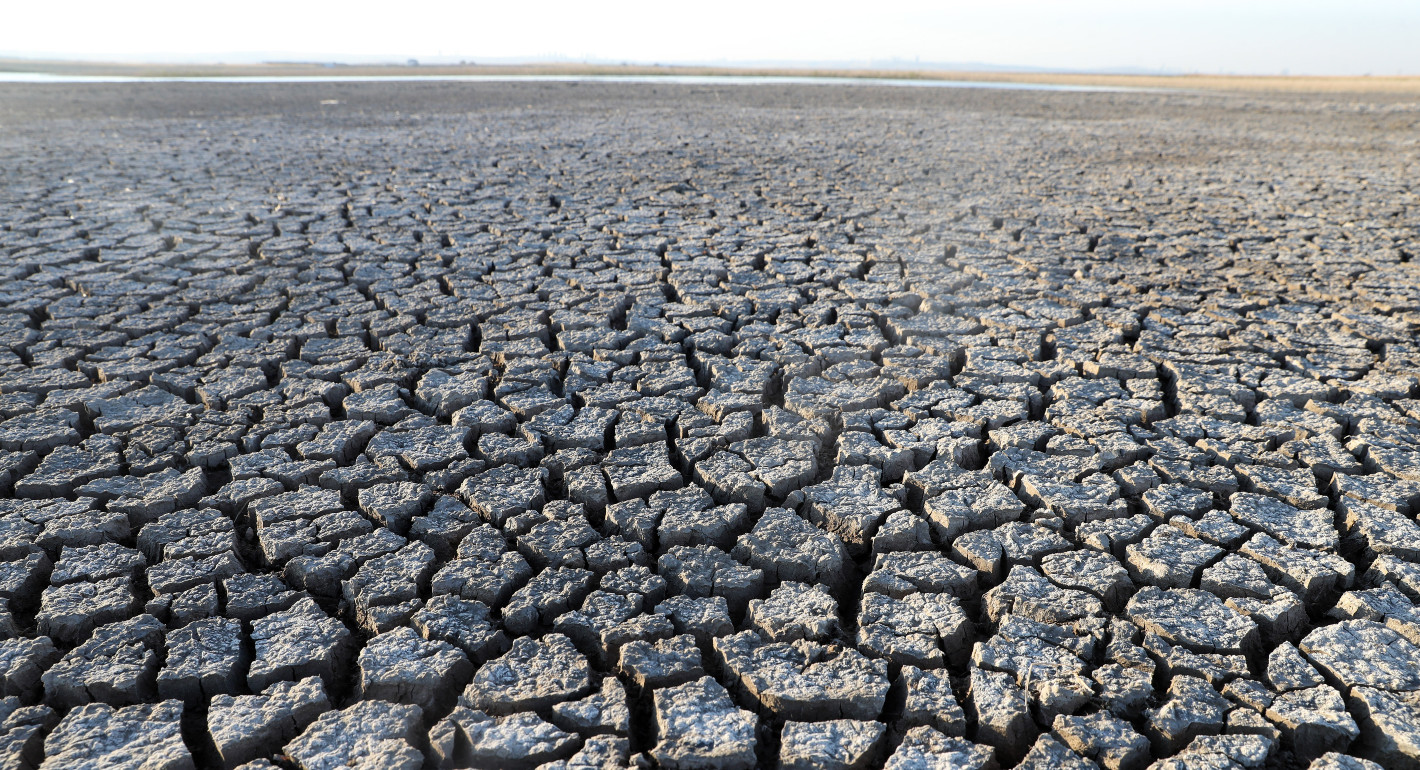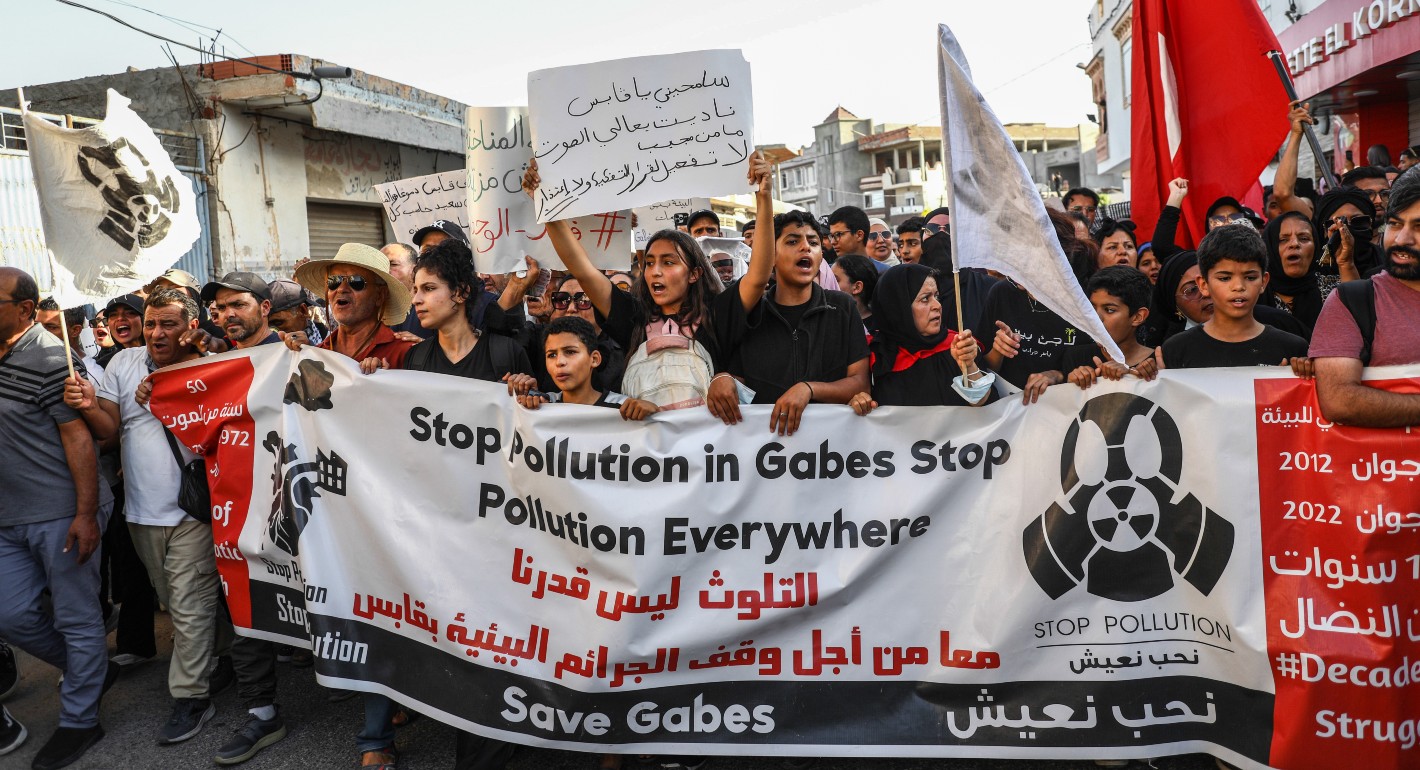Wang Tao
{
"authors": [
"Wang Tao"
],
"type": "legacyinthemedia",
"centerAffiliationAll": "",
"centers": [
"Carnegie Endowment for International Peace",
"Carnegie China"
],
"collections": [],
"englishNewsletterAll": "",
"nonEnglishNewsletterAll": "",
"primaryCenter": "Carnegie China",
"programAffiliation": "",
"programs": [],
"projects": [],
"regions": [
"East Asia",
"China"
],
"topics": [
"Climate Change"
]
}
Source: Getty
All Must Share the Cost of Haze Treatment in China
Government, oil companies, and consumers must all bear a share of the burden if air pollution in China is going to be effectively tackled.
Source: Chinese Financial Times
In January 2012, most cities in northern China were covered in severe haze, which sparked heated debates on air pollution. These debates resulted in good news from the government that oil quality in China will be upgraded. However, if everyone is unwilling to bear the costs of treating pollution and simply want to free ride, the “Beijing Cough” may become an embarrassing “Beijing Specialty.”
In China’s metropolises, carbon emissions from the rising number of vehicles (one of main sources of haze) has far surpassed that from coal burning, another significant emission source. Beijing is speeding up the process of replacing coal with natural gas to be used as heat and power generation. As a result, vehicle carbon emission in Beijing has become the greatest cause of haze and most difficult issue to resolve.
On February 6, the State Council of China decided at its executive meeting to speed up the transition to National Standard IV, which upgrades the oil quality standard by the end of 2014 and then to complete further upgrade to National Standard V by 2017. This transition means that the sulfur content in petrol and diesel will be reduced from the existing standard of 150 parts per million (National Standard III) to 10 parts per million (National Standard V). After ignoring calls to upgrade their oil quality over the past few years with the excuse of high costs, CNPC and Sinopec, China’s two largest oil companies will invest an estimated 5 billion renminbi in upgrading and renovating their equipment this year. Consumers are naturally concerned about who will end up paying the costs for the upgrading. While the oil refineries continue to run a deficit and ask for subsidies from the government, car owners never stop complaining the high oil prices. It seems that only the government is capable of paying the full bill to satisfy both parties.In other countries, cost for upgrading oil quality is often shared among consumers, oil companies, and the government. The government’s main duty is to make policies that carefully allocate the costs among the three parties and reduce the burden on low-income populations.
Except for a few oil producing countries, most countries levy a relatively high tax on fuel to restrain the demand for crude oil and raise funds to invest in transport infrastructure. In Europe, for example, the tax makes up more than half of the oil price for consumers and this tax revenue is used to fund the maintenance of and improvements to transport infrastructure. In China, the tax makes up only one third of oil price, yet many car owners already feel pressured by these prices due to the comparatively low standard of living. In addition, China’s excessive dependence on foreign imports means that oil prices in China will continue rising to match the international market. Considering the significant impact that price of diesel has on China’s transportation, agriculture, and economic sectors, there is actually limited room for oil prices to rise quickly in the near future. China currently levies a fuel consumption tax of 0.8-1 renminbi per liter. The majority of this tax revenue is used to support the construction and maintenance of highway networks so it is also difficult to re-direct it towards the oil quality upgrade.
However, raising the fuel consumption tax is not the only option open to the government. In 2011, China’s three largest oil companies (CNPC, Sinopec, and CNOOC) turned over nearly 200 billion renminbi of special petroleum proceeds (generally called 暴利税bao li shui) to the Chinese government. Thus, the government may consider increasing the proportion of its rebate from the refineries to cover part of the costs instead of using taxes. The huge profit received from the crude oil drilling should be used to reduce China’s dependency on crude oil in the long run. Promoting public transportation, electric vehicles, and new energy vehicles would ease the impact of oil price volatility on people and protect transportation networks from the threat of oil depletion. This is critical to China as its dependency on foreign crude oil has exceeded 60 percent, the “international alert line” of oil import dependency, and the percentage continues to rise.
If China used tax revenue to pay the costs for upgrading oil products, this would actually “rob the poor to give to the rich.” It is unreasonable to subsidize the relatively richer car owners to shield them from the rise in oil prices and place the brunt of the burden on China’s poorer populations. Driving a car is a choice of lifestyle but it also results in pollution and affects the health and environment of everybody—drivers and non-drivers alike—so car owners need to shoulder the responsibility and costs of owning a car. Nearly half the car rides that occur in Beijing are less than five kilometers, a distance that can be better travelled via bicycle or walking. Many other governments have taken a series of effective measures to tackle this problem, including raising fuel consumption tax and parking fees in downtown areas, encouraging carpooling and imposing congestion charges in special zones or rush hours. China could learn from these examples to ensure that the cost of car use accurately reflects the higher costs due to resource scarcity and carbon emissions’ environmental impact. In addition, China needs to phase out fuel subsidies for transportation, especially in the taxi industry, and transfer the rising costs to consumers to promote efficiency and reduce the unnecessary travel.
Tackling the haze cannot be done without some sacrifice. However, the problem is not the cost itself but rather the uneven distribution of responsibility and cost sharing. If the costs for tackling pollution cannot be evenly shared between the government, oil companies, and consumers; if official government vehicles are not held to the same regulations as private cars; if the two largest Chinese oil companies do not accept their environmental and social obligation to limit pollution while enjoying a near monopoly in their industry, then perhaps this inequity of responsibility between the rich and the poor can only be corrected when the reality that all are equally affected by pollution sinks in.
This piece was originally published in the Chinese edition of the Financial Times.
About the Author

Former Nonresident Scholar, Carnegie-Tsinghua Center for Global Policy
Wang Tao was a nonresident scholar in the Energy and Climate Program based at the Carnegie–Tsinghua Center for Global Policy.
- Xi’s Global Leadership Ambitions in the Trump EraArticle
- How the Paris Conference Is Driving China’s Gas and Oil ReformsIn The Media
Wang Tao, Yang Yifang
Recent Work
Carnegie does not take institutional positions on public policy issues; the views represented herein are those of the author(s) and do not necessarily reflect the views of Carnegie, its staff, or its trustees.
More Work from Carnegie Endowment for International Peace
- Governing Aging Economies: South Korea and the Politics of Care, Safety, and WorkPaper
South Korea’s rapid demographic transition previews governance challenges many advanced and middle-income economies will face. This paper argues that aging is not only a care issue but a structural governance challenge—reshaping welfare, productivity, and fiscal sustainability, and reorganizing responsibilities across the state, private sector, and society.
Darcie Draudt-Véjares
- Lessons Learned from the Biden Administration’s Initial Efforts on Climate MigrationArticle
In 2021, the U.S. government began to consider how to address climate migration. The outcomes of that process offer useful takeaways for other governments.
Jennifer DeCesaro
- Beijing Doesn’t Think Like Washington—and the Iran Conflict Shows WhyCommentary
Arguing that Chinese policy is hung on alliances—with imputations of obligation—misses the point.
Evan A. Feigenbaum
- China Is Worried About AI Companions. Here’s What It’s Doing About Them.Article
A new draft regulation on “anthropomorphic AI” could impose significant new compliance burdens on the makers of AI companions and chatbots.
Scott Singer, Matt Sheehan
- Civil Society Restrictions in North Africa: The Impact on Climate-Focused Civil Society OrganizationsArticle
For climate-focused civil society in countries like Morocco, Algeria, and Tunisia to be most effective, organizations should work together to develop networks that extend their reach beyond their local area and connect across borders to share best practices and amplify each other’s work.
Sarah Yerkes










